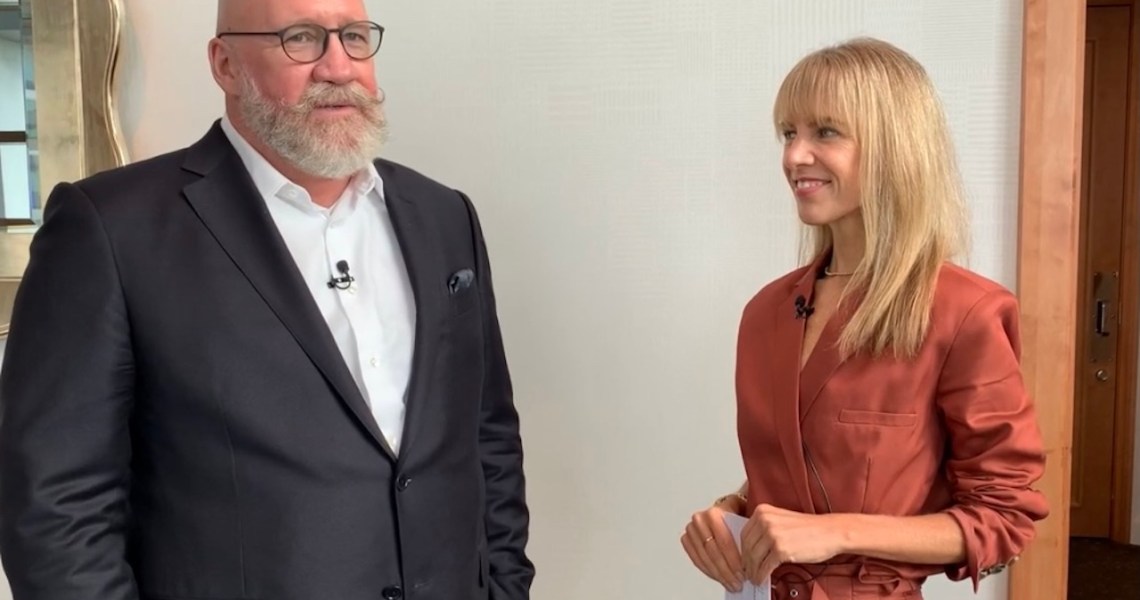The pandemic has had a profound effect on the fashion and beauty industries. As people moved indoors and stores shuttered, 11,100 big and small stores closed in the U.S. alone last year, according to a compilation released by commercial real estate firm CoStar. The pandemic also accelerated the growth of e-commerce and forced the industries to be creative, transferring many of their processes and marketing to digital. At the Glossy Fashion Summit in Miami, retailers, brands and small business owners reflected on what were their biggest challenges were over the past year and how they have adapted to the new shopping model.
As a result of the pandemic, fashion retailers like Express had to close their stores and rethink their entire business. According to Tim Baxter, CEO of Express, the pandemic was truly an unprecedented event. “I spoke to leadership across the industry and we were all facing challenges that we had never faced before,” he said. “When you build an entire business model around that revenue and that revenue suddenly disappears, it makes us think very differently about how we approach and reach customers, how we would drive our e-commerce business and how we would manage expenses.”
For brands that focused on IRL experiences in wellness like Atmosphere Threesixty, the changes prompted a move into the virtual world. An accelerated interest in wellness made growth somewhat easier for this category. Founder Mahasin Phillips believes that her biggest challenge came in two forms. “Since my business is a product and forms the main part of my business, it was mostly on the service side. It was also the virtual-experience, because I deal with wellness and creating different design programs for mindfulness, meditation, and enrichment through retreats. Bringing that to the virtual space was a challenge,” said Phillips.
IRL has also been missing the luxury that stores like Neiman Marcus provide. Daz McColl, CMO of Neiman Marcus believes that it is the best thing to be able to open stores back up. “As we gradually come out of the pandemic and back to real-life interactions, we are inviting customers back into our stores and to our events in a safe way while following protocols. We are trying to see if they will re-introduce themselves to life and work.”
The pandemic has also caused major disruptions in supply chains that are still being felt across the world today. Phillips said, “With the carriers not getting supplies in time, it’s been rough.”
Watch the video below to hear more from the speakers and guests at the Glossy Fashion Summit on how the pandemic changed the way they operated their businesses.
[s3mm type=”video” s3bucket=”glossysite-media-bucket” files=”Glossy-Social-Video-Compilation.mp4″ /]




